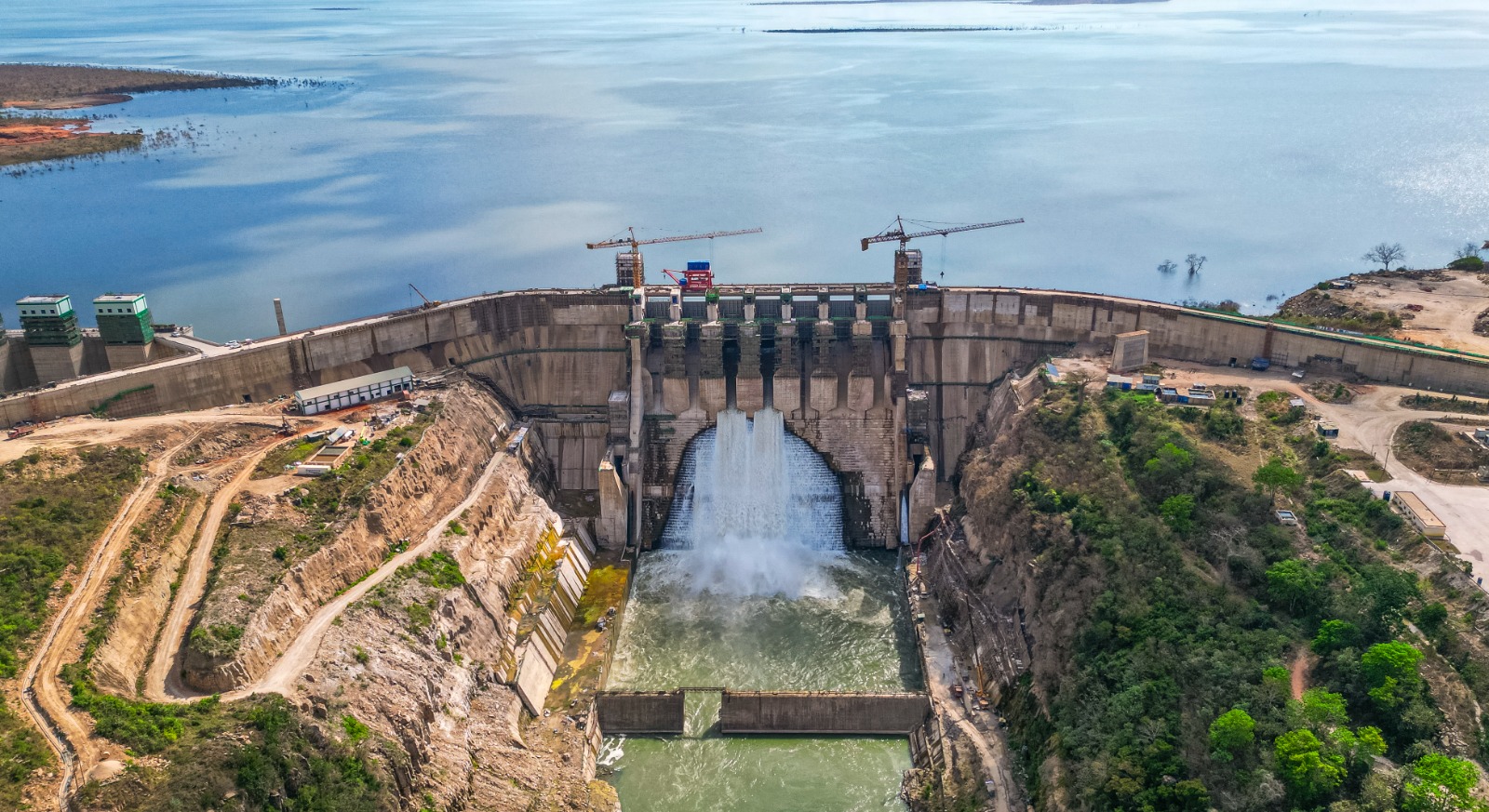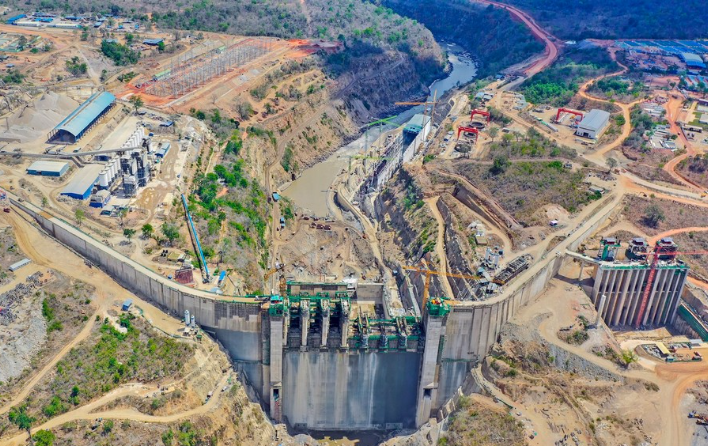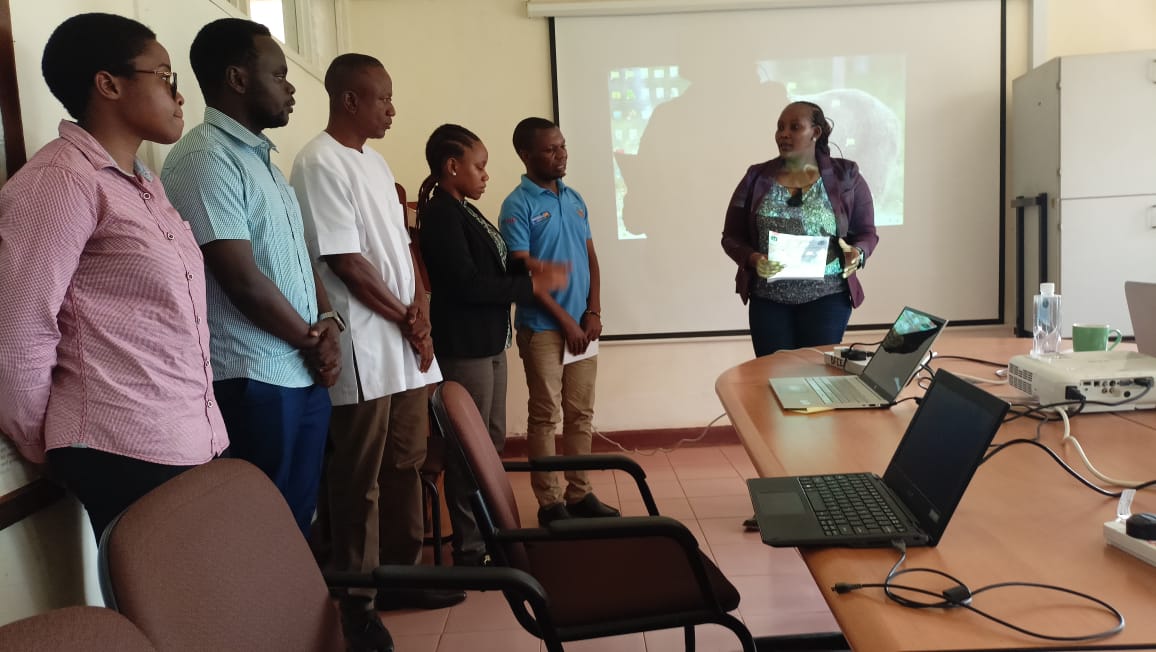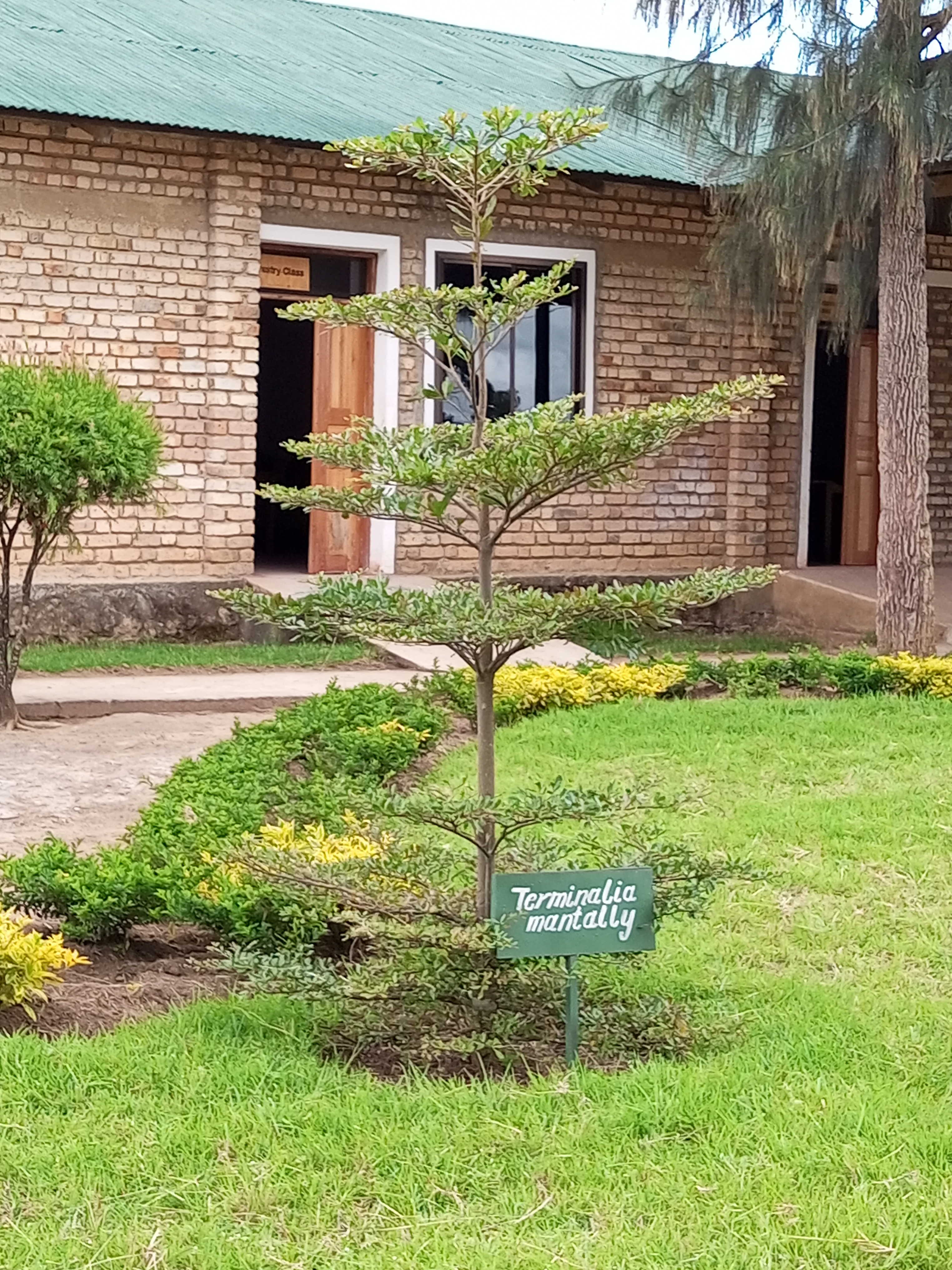Hydropower provides clean electricity to millions in Africa. It’s the largest source of renewable energy on the continent and accounts for nearly one quarter of total electricity generation in sub-Saharan Africa. Some countries, however, have a much heavier reliance on it than others. For instance, hydropower accounts for at least 80% of electricity generation in the Democratic Republic of Congo, Ethiopia, Malawi, Mozambique, Uganda and Zambia.
The continent has a lot more hydropower potential too. With relatively abundant water resources, sub-Saharan Africa is estimated to have 1.4 petawatt hours a year of untapped, low cost potential. To put this into perspective, 1 PWh of energy could power about half a billion households for one year, assuming each household consumes an average of about 5.5 kWh per day.
However, there are political and environmental concerns that planners must consider if they want to expand hydropower. The tensions between Ethiopia and downstream countries in the Nile River basin, following the construction of the colossal Grand Renaissance Dam, are emblematic of this.
As a researcher who studies the linkages between energy systems and climate change, I’ve written a paper that highlights why using or increasing dependency on hydropower involves climate-related risks.
The questions to put in mind
Tanzania has undergone a serious power shut down in recent years and more effort are now on Mwalimu Nyerere Dam construction, what are the actions in place to ensure its sustainability in the future?





